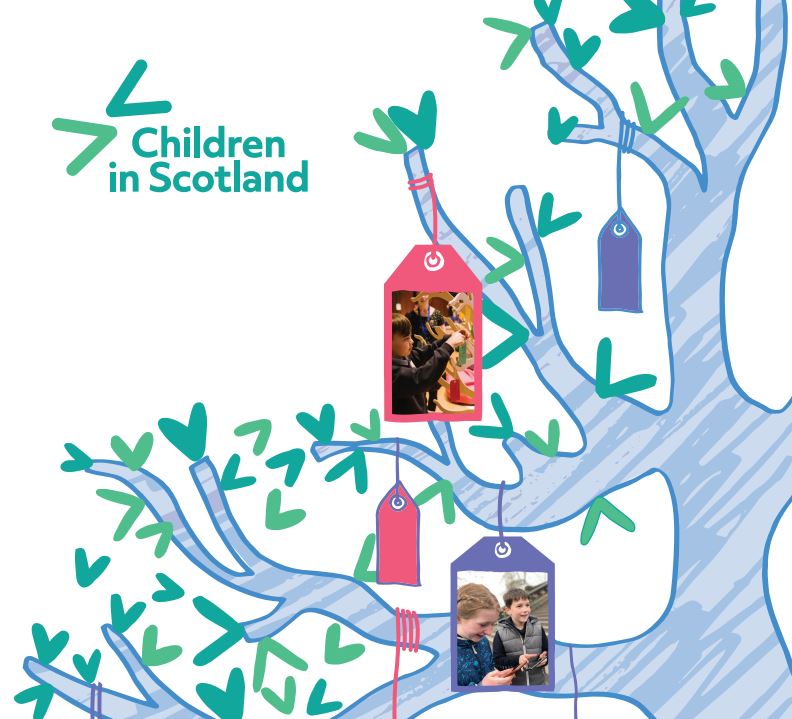Encouraging moves on participation, and a promise to hold parliament to account
11 May 2021
How do the political parties’ pledges compare to our own Manifesto calls? Following the Scottish election, our Policy, Projects & Participation Officer Parisa Shirazi reflects on likely areas of agreement during the next parliament – and examples of where we’ll be pushing for faster change to improve children’s lives.
It’s clear from our work that children all over Scotland have views on important issues and suggestions on what they think should be better. These range from the Inclusion Ambassadors’ perspectives on how additional support for learning in schools could be improved, to our young people’s advisory group Changing our World’s prioritising of the environment as a key issue for them, to the Children and Young People’s Panel on Europe’s recommendations to the Scottish and UK Governments regarding Brexit.
We believe that any government and parliament must listen to the views of its children and young people to enact policies to improve their lives. That was the starting point for the creation of our 2021-26 Manifesto, which presents 33 asks of the next Scottish Parliament.
Click here for more information about our 2021-26 Manifesto
Following last Thursday’s election, the SNP will again form a government. It’s therefore useful to review their manifesto promises for children, young people and their families, identify policies that progress children’s rights – and explore areas where their pledges could be bolder.
Rights and democracy: positive steps on Citizens’ Assemblies
Young people should be able to participate in democracy and have their rights respected. One of our calls in our Manifesto was that children and young people would have a say in key government decision-making processes, including Citizens’ Assemblies, building on the success of enfranchising 16- and 17-year-olds. Therefore, we welcome the SNP’s commitment to establishing an assembly for children and young people under 16.
Scottish Labour had committed to ensuring young people are represented in national and local bodies through a statutory right to consultation, and we hope that this can also be considered. We are encouraged that the SNP supports incorporating international human rights, including the UN Convention on the Rights of Persons with Disabilities, the Convention of the Elimination for Racial Discrimination, and the Convention of Elimination of Discrimination against Women. We advocated for all of these treaties in our Manifesto because incorporating them is essential for embedding the rights of children and young people into law. The SNP and the Liberal Democrats have also committed to incorporating the International Covenant on Economic, Social and Cultural Rights into law, which could lead to positive changes in the areas of social security, livings standards, health and education.
Reconsidering the minimum age of criminal responsibility
Since 2019, the minimum age of criminal responsibility in Scotland has been 12 (raised from the age of eight). Although this raise was welcomed, we do not believe it went far enough. If Scotland wants to continue to be a world leader on children’s rights, we believe they should readdress how children displaying harmful behaviours are treated. Scotland must learn from other nations that have higher minimum ages of criminal responsibility and take childhood development into account. In light of this, our Manifesto calls on the next parliament to raise the age to 16. The Liberal Democrats committed to bringing this into line with UN recommendations and Scottish Labour pledged to reviewing it. Let’s hope the parties will work together on this issue.
Security for refugees and asylum seekers
Scotland should be a country that welcomes people all over the world and appreciates the diversity of its society. Refugees must be provided with a safe and secure environment. We acknowledge that many areas that affect refugees and those seeking asylum are reserved to Westminster. But our Manifesto calls on the parliament to work with the UK Government to develop policies and practices that will benefit all those seeking asylum. We are encouraged to note that four out of the five main political parties (SNP, Greens, Labour and Liberal Democrats) have made a range of commitments to supporting this group.
Therefore, we look forward to the SNP acting on their pledge to improve existing support for families to have access to safe accommodation. And we hope that they will work constructively with other parties to bring about other types of support, such as the development of national standards on refugee settlement, including the accommodation and care of unaccompanied children (a policy proposed by Scottish Labour).
Education: PSE reform, making arts accessible and commitments on diversity
If you followed our pre-election social media campaign, you would have seen that education is a key issue for Scotland’s young people. Changing our World created an array of materials directed at decision-makers advocating for the changes they would like to see in Personal and Social Education (PSE). PSE was not mentioned in the SNP’s manifesto and although we are pleased to note their pledge to include a new programme of anti-racism education in schools which will rely on local authority uptake, we hope that the SNP will work constructively with their Green colleagues to improve the PSE curriculum in schools.
We were pleased to note that various parties appreciated the importance of arts and music in schools and increasing the accessibility of this for pupils through measure such as abolishing fees for music and arts education. But we believe that this can be bolder and a hobby premium should be introduced. This policy would grant all children and young people in Scotland free access to a hobby or activity of their choice within or around the school day. Furthermore, none of the parties have committed to making wellbeing a central focus of the curriculum or increasing the diversity of the education workforce. We will continue our work and campaigning in these areas.
Building on a base of participation
This election was noteworthy for having the highest turnout of voters in a Scottish election, the galvanisation of young voters and the fact it was the first in which those with refugee status and foreign nationals could vote. In this blog I’ve identified welcome policy areas in the SNP’s Manifesto alongside notable gaps and some measures that could be pushed further. We at Children in Scotland will continue to hold parliament and the Scottish Government to account over the next five years.

About the author
Parisa is Policy, Projects & Participation Officer and joined us in January 2021
Click to find out more
2021-26 Manifesto
Our Manifesto features 33 calls across 10 themes, from learning to democracy
Click here to read it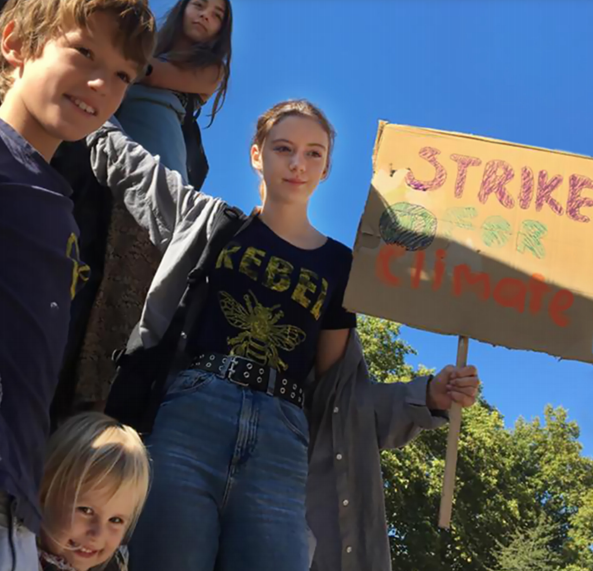
“Making political ideas accessible”
A Children and Young People’s Version of our Manifesto for 2021-26 is also available
Click here to find out more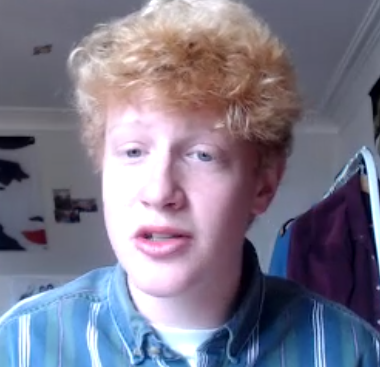
“Listen to young people on education”
Our young advisory group produced campaign materials linked to the Manifesto
Click here to find out more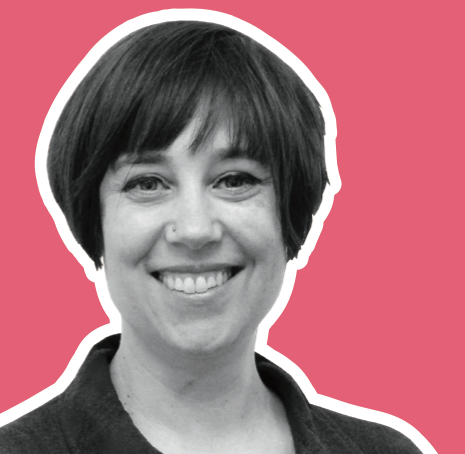
“Let pupils pursue their passions”
Amy Woodhouse wrote a blog for TES about the importance of a 'hobby premium'
Click here to read more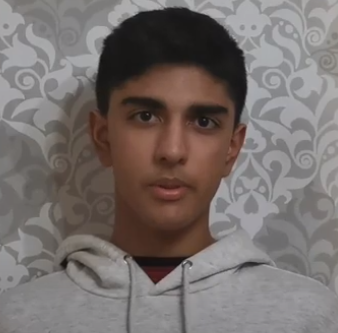
“It's our future too”
Our Panel on Europe partnership project heard young people's views on Scotland post-Brexit
Click here to find out more

